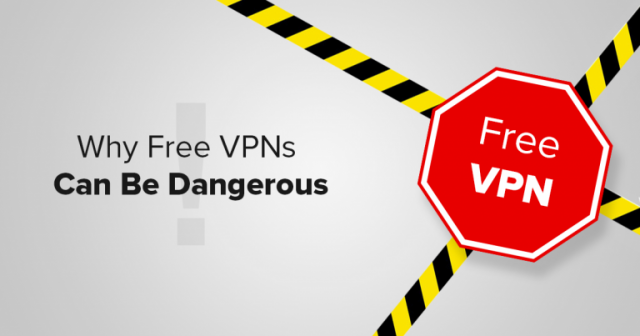Many people turn to a virtual private network (VPN) for safer web surfing. After signing up for the service, a user gets a VPN to stay invisible, keeping the government, businesses, and hackers away from your information. VPNs do this in two ways, first by concealing your IP address and second by scrambling and encrypting your data. Sounds like your safe to surf, right? Well, guess again. VPNs are not perfect and come with a few things that you should consider before using a free VPN. We at TechieMag share some tips to check before using the free VPN.
1. Not All Are Created Equal
Not all VPNs are created equal, and some (about 67%) is embedded with a code to track users. While tracking is not all that bad, it is what these companies could do with that data if allowed. They could collect and track data to sell it, attempting to make a profit from marketing companies on the hunt for user information and browser history. On top of that, some VPNs are not created with solid encryptions. Advanced hackers could quickly get their hands on the plaintext versions of encrypted data using software tools or advanced cyberattacks. To avoid data breaches and thefts, make sure to arrange high-quality data backup (visit an official website for reliable solutions).
2. Your Connection Might Suffer
Using a VPN comes with a bit of a wait time. It can be a huge issue, especially in our days of instant data sharing. Plus, downloading and streaming are merely impossible without good internet speeds, putting a damper on most online activity. Free VPNs don’t have the online speeds that some paid versions do. Some companies even sell their premium subscriptions, which come with faster speeds. With free services, sometimes you’re getting the bottom of the barrel when it comes to performance, something that might not be worth it. Also, check here if you’re looking for the best VPN Services.
3. You May Still Get Ads
Free services need to make money somehow and often trade with advertisers to offer free services. Advertisers know that the word ‘free’ attracts many people. However, free often comes with a price that might end up costing more in the long run. In terms of ads, you may still get a few when using a free VPN service.
4. VPNs can Hijack
Browser hijacking happens in many forms, one of which redirects users to an unwanted page. Free VPNs are known to do this as a way to collect cash from larger companies. With each redirect, these free VPN services are collecting cash, benefiting from each click. While most redirects are for advertising purposes, some could be malicious and lead to unknown or corrupted sites if not adequately protected.
5. VPNs could be a host for Malware
Malware is any software embedded within a system to cause harm. Because malware is most often related to advertising, and free VPN services rely on advertisers to make money, they are prone to debestevpn. Depending on the type of malware, your data, network, or entire computer system could be in jeopardy. If malware gets downloaded into your system, it could delete files, steal your data, or crash your system.
Free Sometimes Costs More
VPNs are great for many reasons, most notably for their ability to provide a safer connection while online. It sounds attractive to use a free service, doing away with any cost but, it could cost more in the long run. Because free services need to make money somehow, you could be using a VPN without proper security or one which sells to advertisers. In the worst case, a how does duck duck go work could come embedded with malware, which could potentially infect your computer.
Final Words
Security is not always a top priority for services internetprivatsphare, and sometimes less if the service is free. This could lead to a data breach costing you more in the long run. It is always best to go with a service that is trusted, even if it costs a few bucks. Online safety is crucial, and as attacks advance, our safety is never guaranteed, even if we are running on a VPN.
Table of Contents





![[Jan 2024] EZTV Proxy | Unblock EZTV | EZTV Alternatives eztv](https://www.techiemag.net/wp-content/uploads/2020/05/eztv-300x194.png)


